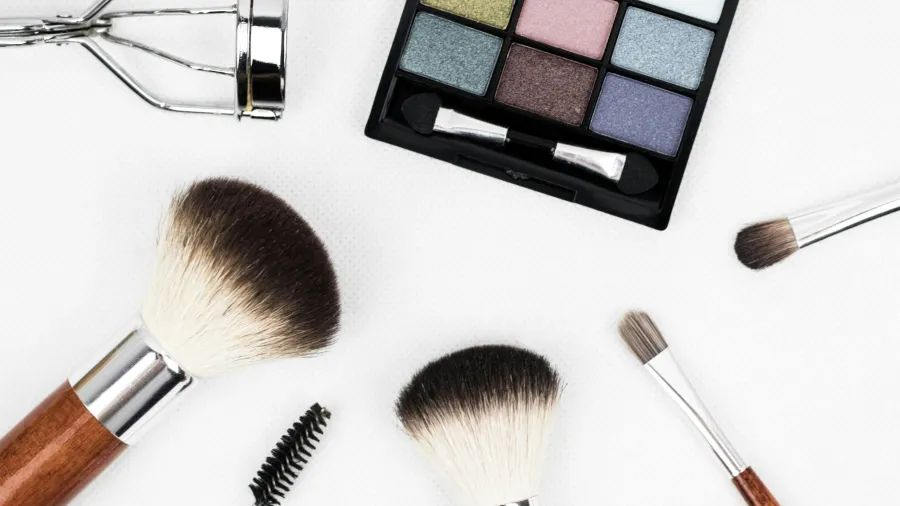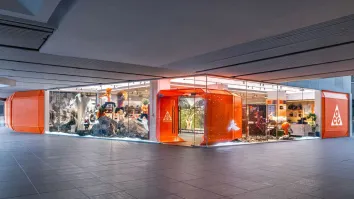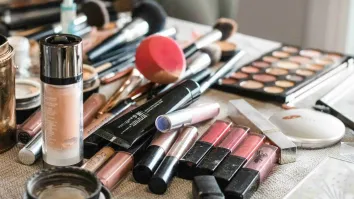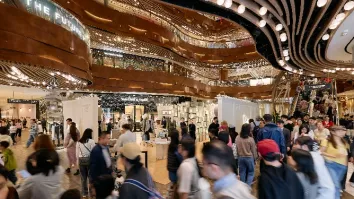
Why Asia’s cosmetics industry needs social commerce to drive growth
Social commerce in various platforms such as TikTok and Facebook is popular in the region.
Beauty brands in the region need to leverage livestreaming and social commerce as this addresses the customer’s concerns over cosmetics products, particularly on considerations for skin tone and skin condition compatibility.
In a report, BMI said in traditional e-commerce, sellers could not reply to queries in real-time or there is no communication available at all, with consumers only relying on the information provided by the business.
“Livestreaming reduces those barriers considerably as, just like an in-store interaction, sellers receive queries from customers and reply to them in real-time,” BMI said.
ALSO READ: Skincare dominates luxury beauty market in Southeast Asia
“This is beneficial for buyers and sellers; customers have their queries answered immediately and sellers take a more active approach to sales rather than passively waiting for sellers to make the purchase decision based on the limited information provided on the e-commerce platform,” it added.
BMI noted social commerce could also attract more consumers and deliver relatability and empowerment which will drive demand for regional products.
Developing Asian markets typically prefer foreign over domestic brands due to “perceived superiority in quality and prestige.”
Livestreaming is also the most preferred by consumers, BMI said, citing the traction gained by the social commerce segment of platforms such as TikTok, Instagram, and Facebook, amongst others.
Some social commerce developments in the beauty sector include L’Oréal’s launch of its TikTok shop in Indonesia in 2021 which was further expanded to Vietnam and the Philippines.
China’s Perfect Diary taps high-profile beauty influencers and celebrities as part of its marketing strategy, promoting and selling exclusively on e-commerce and social media platforms.

















 Advertise
Advertise






